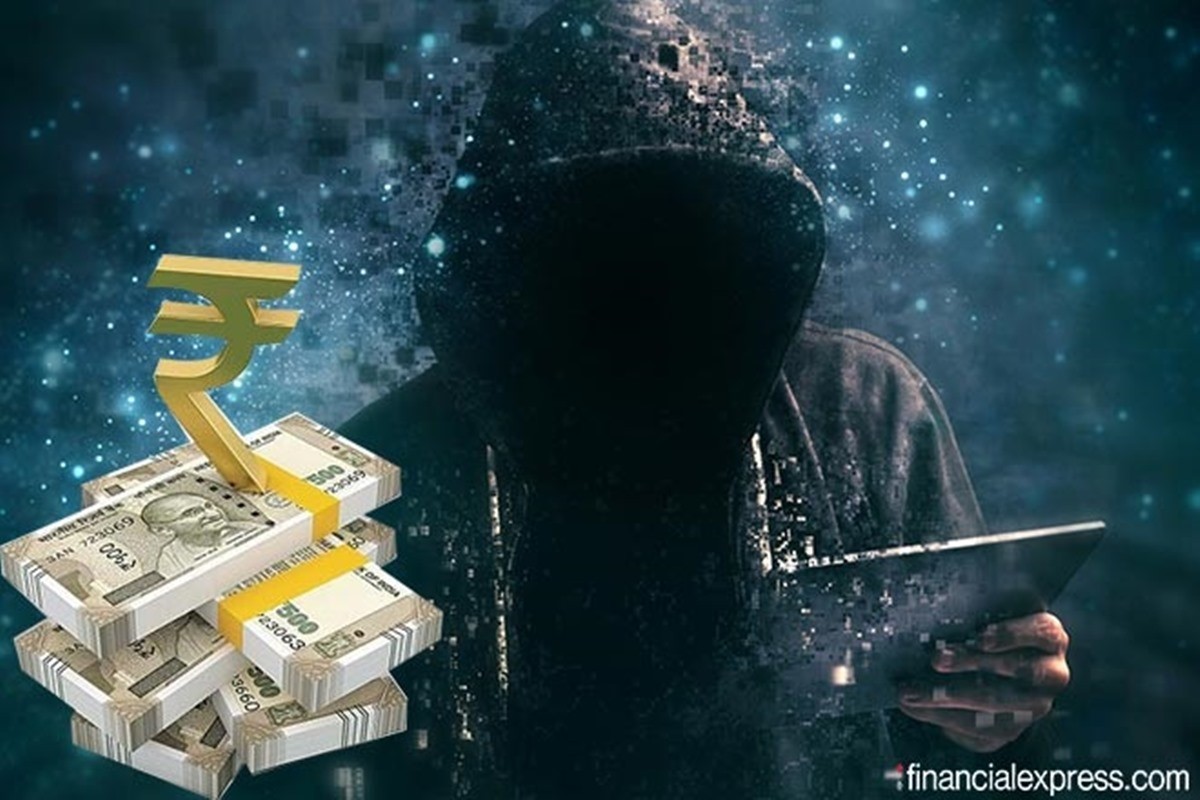SBI warns customers of Internet Banking about the fake One Time Password (OTP) and SMS – Customers of the India’s largest bank, State Bank of India has warned its customers by sending a message that if you have not updated your net banking password in the last 180 days (six months), then update it as soon as possible.
The bank has told its customers that they can update their account information by visiting the online portal of SBI at https://www.onlinesbi.com/
According to the bank, recently fraudsters are sending messages on the mobile of SBI customers. The link sent in that message looks like a SBI Online Internet banking page. By sending the message, customers are asked to click on that link. If you click on that link, then all your confidential information reaches the fraudsters and in this way they can break into your account.
The bank has said that if any such message comes to you, you should immediately ignore it and delete that message from your mobile immediately. According to the bank, if you receive such a message, then you can also tell its information to other customers of SBI.
Technology has made our work easier, but it also has its own dangers. Many times fraudsters cheat through sim cloning or sim swapping. Actually, the fraudster creates a duplicate of your SIM, a SIM swap means he changes the SIM.
The fraudsters then get a new SIM registered from your phone number. After this, your SIM turns off. After the SIM is closed, anyone can enter your account through the OTP registered on your number registered on your number.
Read – How to Check SBI Account Mobile Number Registration with Internet Banking ?
SBI warns customers, if the network on your SIM is not good, or there are no calls on your phone and there is no alert, then immediately report it to your mobile operators. You have to be alert to avoid methods like sim cloning.

